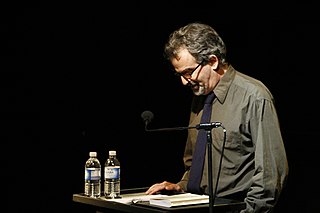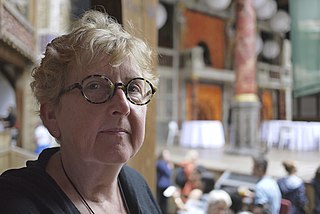A Quote by Paul Celan
Only truthful hands write true poems. I cannot see any basic difference between a handshake and a poem.
Related Quotes
I started out in graduate school to be a fiction writer. I thought I wanted to write short stories. I started writing poems at that point only because a friend of mine dared me to write a poem. And I took the dare because I was convinced that I couldn't write a good poem... And then it actually wasn't so bad.
I wrote a number of poems about Kah Tai lagoon, when Safeway was building that huge, ugly store down there where I used to love to watch the birds nest. That political poem, or environmental poem, was unsuccessful because Safeway built there anyway. And yet the poem has something to say today, as it did then. And I speak here only of my own poems. The agenda for every poet has to be different because most of us write from direct human experience in the world.
I would read the Shel Silverstein poems, Dr. Seuss, and I noticed early on that poetry was something that just stuck in my head and I was replaying those rhymes and try to think of my own. In English, the only thing I wanted to do was poetry and all the other kids were like, "Oh, man. We have to write poems again?" and I would have a three-page long poem. I won a national poetry contest when I was in fourth grade for a poem called "Monster In My Closet.
In samadhi, in the highest form of meditation, the same thing happens: the mind stops functioning... but you are conscious. That is the only difference, but the difference that makes the difference. One is fully alert, luminous. One is there witnessing, watching, but there is no cloud of thought. The sky is utterly empty: as far as you can see you cannot see any content.
[Kenneth Koch] taught children in public schools in New York City to write poems and told them down worry about rhyming, don't worry about any of that stuff. You know, write a poem where you mention three colors and make it five lines - or he would just give them, you know, little strategies. And, man, they wrote some great poems.
What, concretely, is Enlightenment ?" "Seeing Reality as it is," said the Master. "Doesn't everyone see Reality as it is?" "Oh, no! Most people see it as they think it is." "What's the difference?" "The difference between thinking you are drowning in a stormy sea and knowing you cannot drown because there isn't any water in sight for miles around.
Mothers know the difference between a broth and a consommé. And the difference between damask and chintz. And the difference between vinyl and Naugahyde. And the difference between a house and a home. And the difference between a romantic and a stalker. And the difference between a rock and a hard place.






































